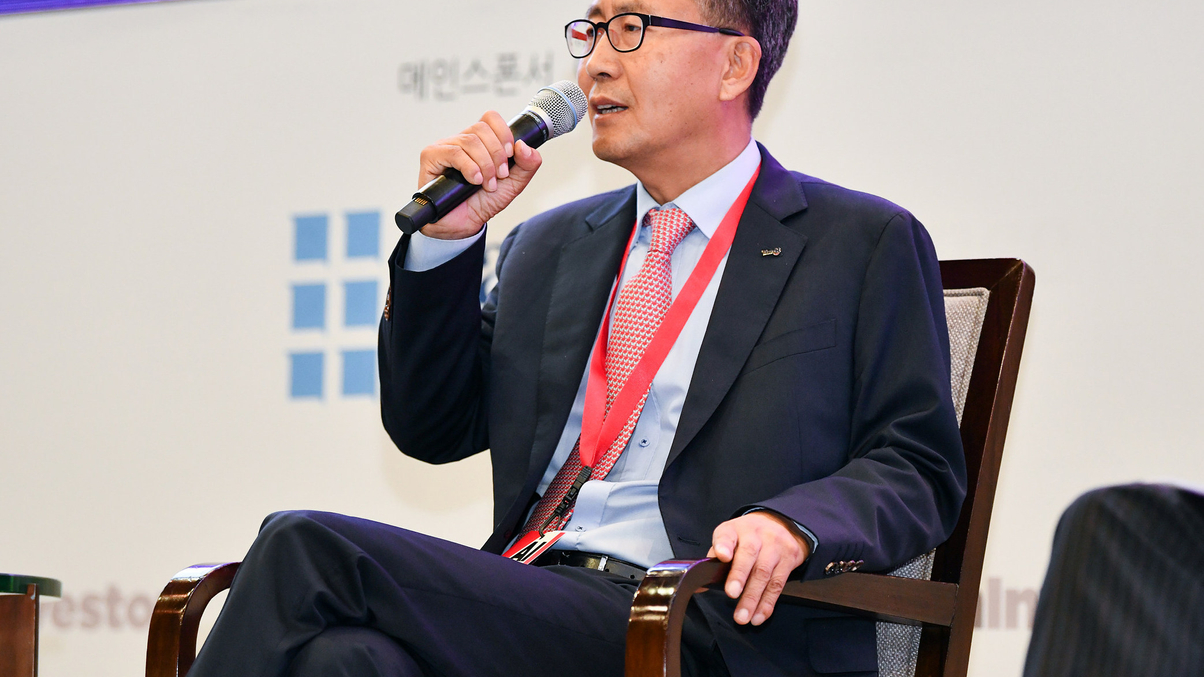KTCU aims to lift US bond, alt allocations
Korean Teachers' Credit Union seeks higher yields in US bonds and infrastructure amid the spectre of a potential trade war.

Rising US interest rates have the Korean Teachers' Credit Union (KTCU) looking increasingly at investing in US bonds for returns, though hedging the currency risk remains a key concern.
Sign in to read on!
Registered users get 2 free articles in 30 days.
Subscribers have full unlimited access to AsianInvestor
Not signed up? New users get 2 free articles per month, plus a 7-day unlimited free trial.
¬ Haymarket Media Limited. All rights reserved.


